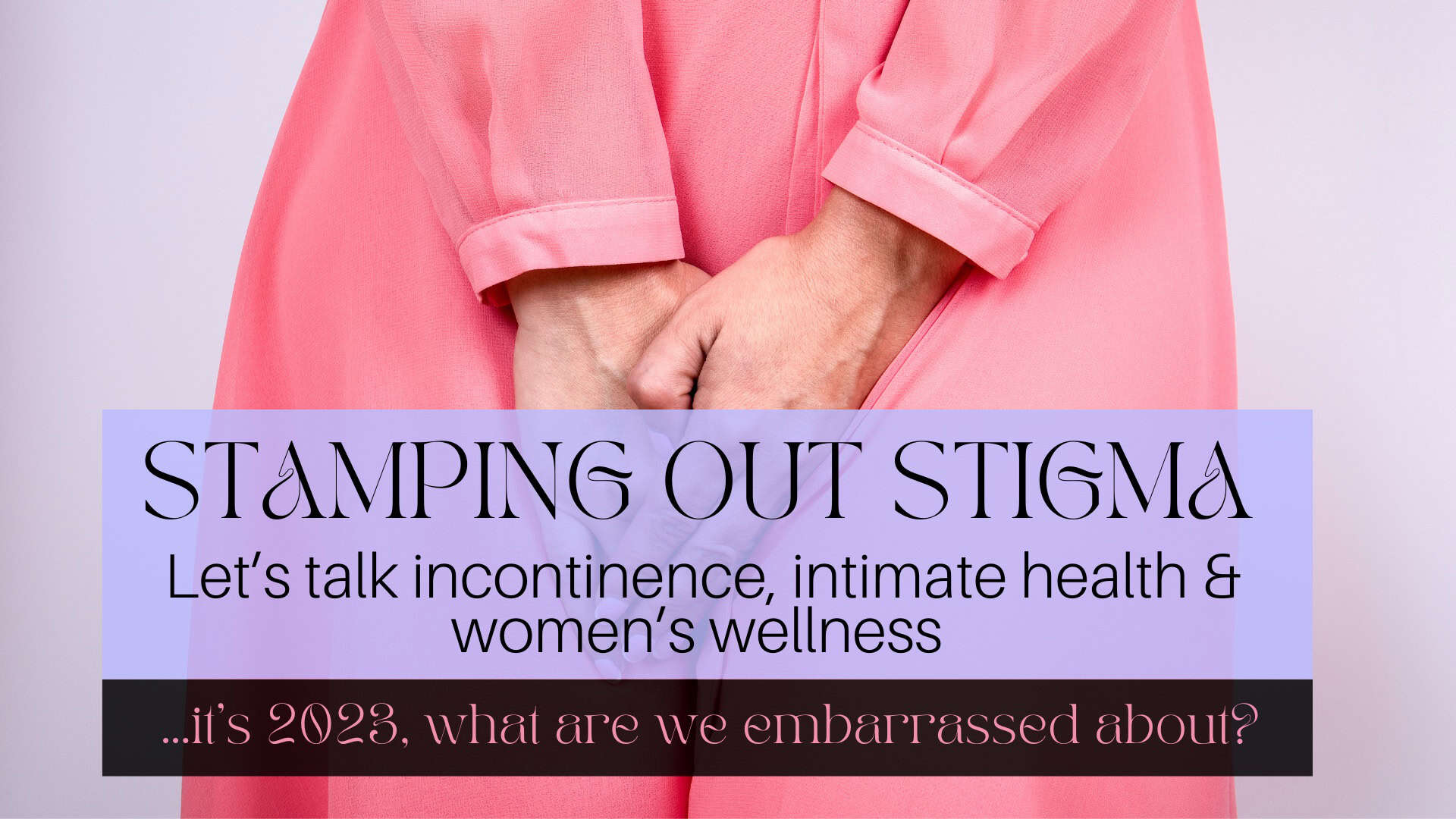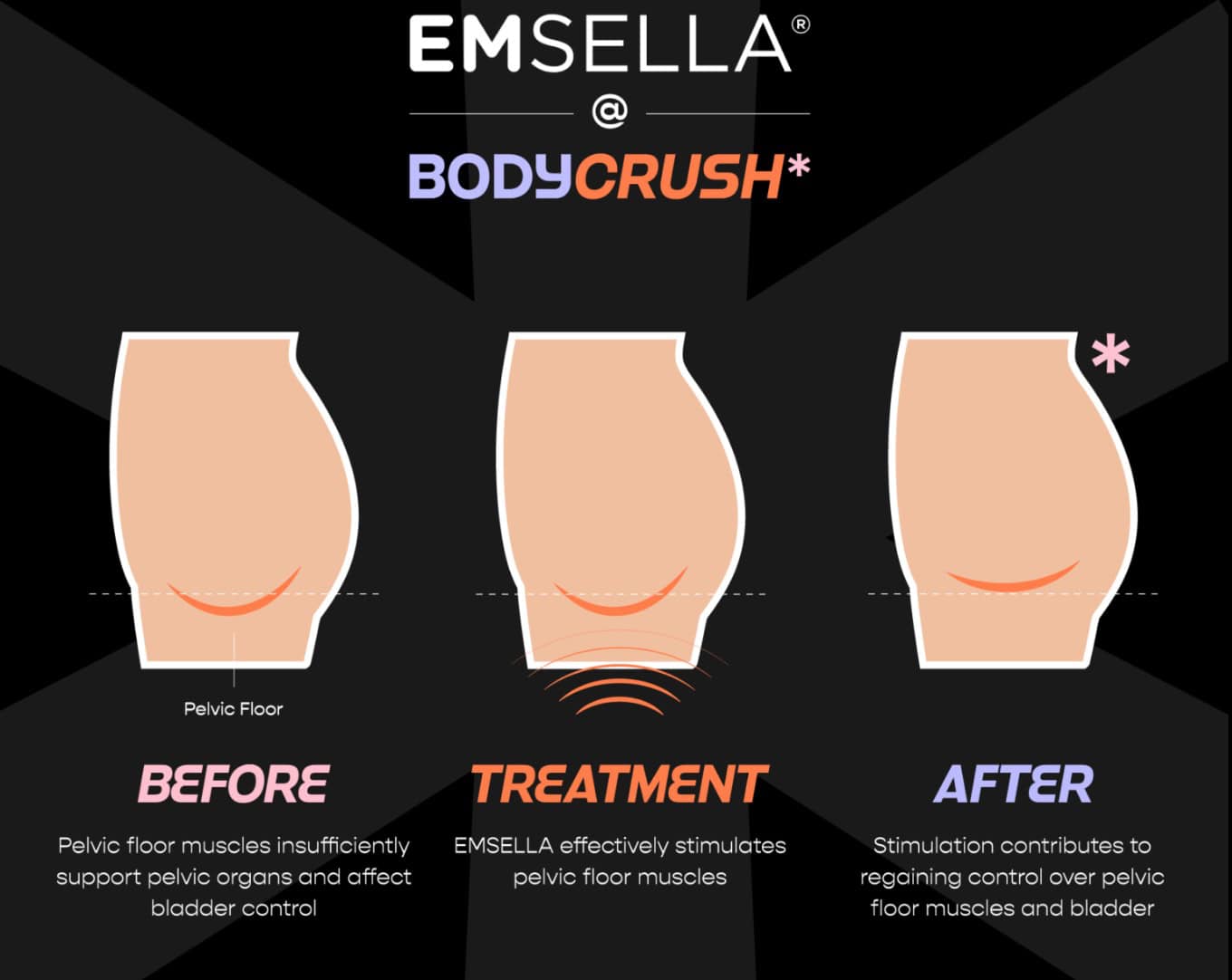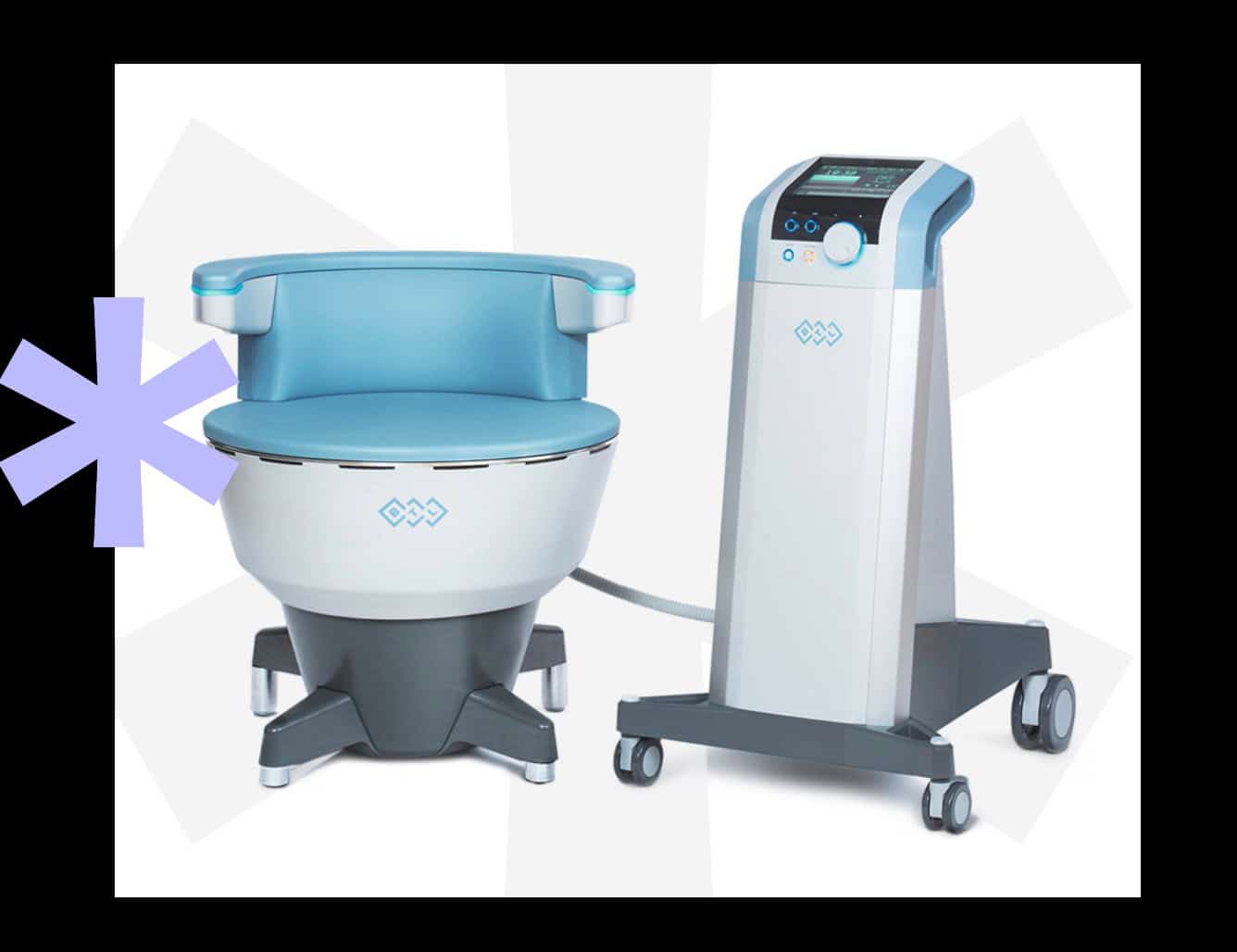It’s 2023, what are we embarrassed about? Did you know, around 50% of adult women experience some form of urinary incontinence in their lifetime? With 30% of these women reporting that the symptoms of their incontinence negatively impact their daily lives? It’s incredibly common, affecting millions of people, all across the globe.
With so many women experiencing this condition – especially post-childbirth, why is it still something we feel embarrassed to talk about? It’s 2023 – and the stigma needs to end here.
September is home to awareness events such as Polycystic Ovarian Syndrome Awareness Month, Gynecologic Cancer Awareness Month and (for males – as you’ll be surprised to hear how today’s topic can benefit you in terms of urine incontinence, too!) Prostate Health Month; which brings intimate health, bladder issues and wellness to the forefront of our minds.
If you’re suffering with intimate health issues – be this pain during sex, incontinence, heavy periods, menopause, a loss of sensation, changes in the appearance of your vulva etc; know that you’re not alone. And seeking help from a medical professional could not only improve the quality of your life, but in some cases; save it.

What is urinary incontinence?
Urinary incontinence is, in short, accidental leaking of urine. Those ‘oops’ moments where you may feel leaking during exercising, laughing, sneezing… or if you’re unable to locate a bathroom in time. It’s extremely common in women, particularly post-childbirth… and during the peri-menopause / menopause.
Urinary incontinence is an incredibly common condition – affecting both men and women. In fact, recent NHS figures estimate that 3-6 million people in the UK alone suffer from some level of incontinence. Yet take, on average, 6.5 years to do something about it… despite the incredibly debilitating, lifestyle restricting impact the condition has on their daily lives.
What treatment options are available?
We get it, talking about intimate issues can be uncomfortable. But if you suffer with urinary incontinence (or you’ve noticed decreased sensation during intimacy, are peri-menopausal / menopausal & noticing dryness), there’s a non-invasive, needle-free, painless and fast-acting treatment you should know about.
It gets better – there’s no need to take off a single item of clothing. And – as we mentioned earlier, can help men and women regain control of their bladders non-surgically, quickly and painlessly.
Your throne awaits – simply sit on BodyCrush’s ground-breaking EMSELLAchair.

EMSELLA at BodyCrush London
Introducing EMSELLA at BodyCrush London. “EMSELLA is proven to treat incontinence by 95%,” explains Nurse Chahira. “Our patients – both male and female, use EMSELLA to enhance their lives – treating incontinence and improving / restoring sexual pleasure and sensation.”
“EMSELLA treatments should be twice a week for maximum effect,” she continues. “There’s no need to undress, you don’t need to do anything or prepare for the treatment… and there’s a 85% chance of improving your quality of life. Painlessly, with zero downtime.”pi

EMSELLA works by strengthening your pelvic floor muscles; enhancing neuromuscular control to alleviate the symptoms of urinary incontinence. It’s recommended by urologists and gynaecologists – and uses high-intensity focussed electromagnetic energy to strengthen your pelvic floor muscles, generating thousands of contractions per session (just 30 mins of EMSELLA = 11,000 Kegels!) All you need to do is sit back and relax on the EMSELLA chair, as the treatment takes care of muscle contractions for you.
EMSELLA stimulates the same muscles you’d use to do traditional, pelvic-floor strengthening Kegel exercises (think: squeeze!)… but it’s stronger and much more targeted; meaning your treatment sat on the chair works & engages the exact muscles needed to see an improvement. Delivering much quicker results.
Not only does it strengthen the muscles in this area to give you back control over your bladder (and eradicating those ‘whoops!’ moments) it also calms the nerves in the area; enhancing the lives of those with ‘over-reactive’ incontinence by reducing those frequent feelings of needing to urinate.
If you’re suffering with urinary incontinence – or any other intimate health issue, please know that you’re not alone. If you notice any changes in your frequency of urination, please seek medical advice and book in to see your doctor. Although likely harmless, and treatable in just a few sessions, changes in your body and intimate health can also indicate underlying health issues… so in the spirit of Polycystic Ovarian Syndrome Awareness Month, Gynecologic Cancer Awareness Month and Prostate Health Month let’s break the stigma of feeling embarrassed and seek help if you need it. It could save your life, if not at the very least, hugely enhance your daily life.
